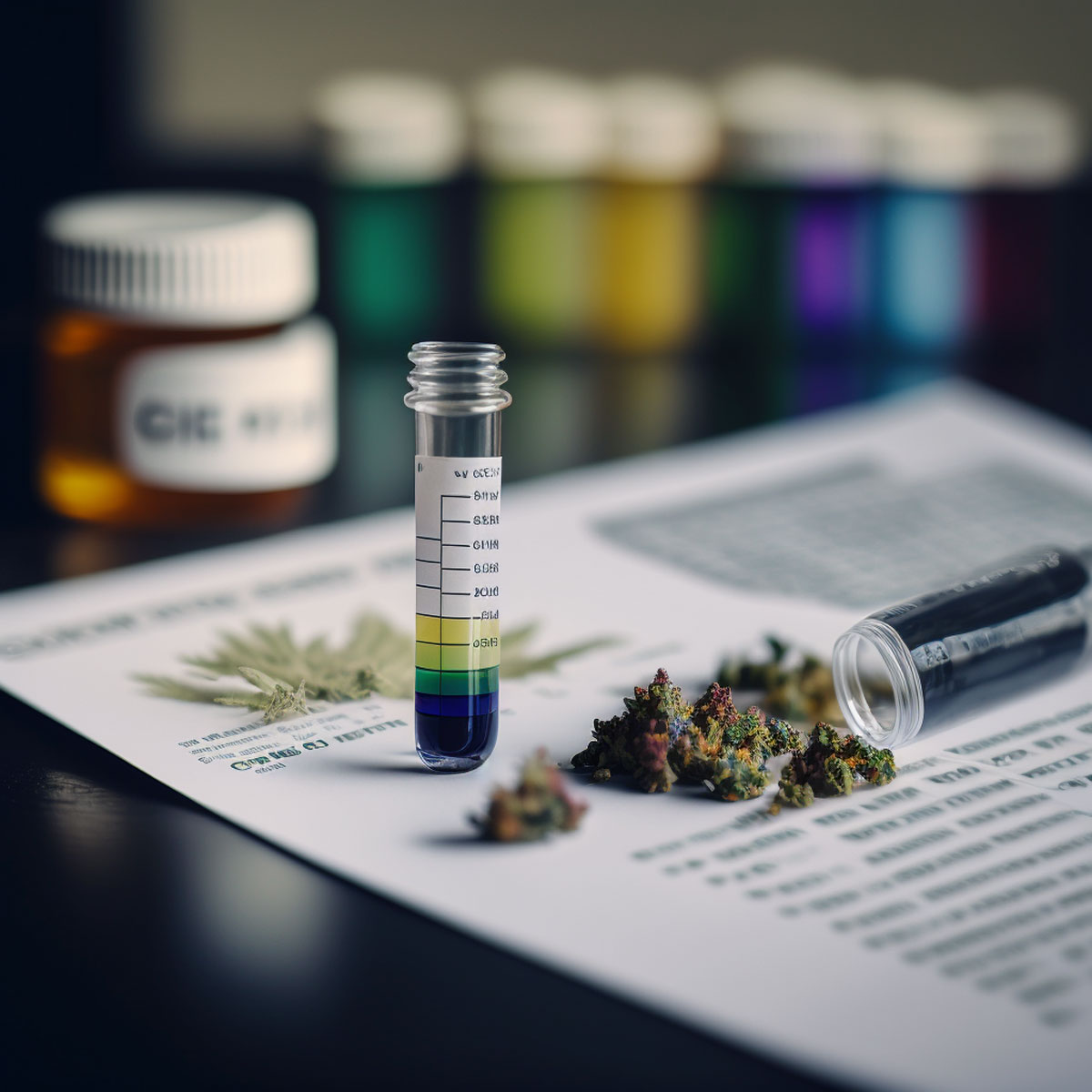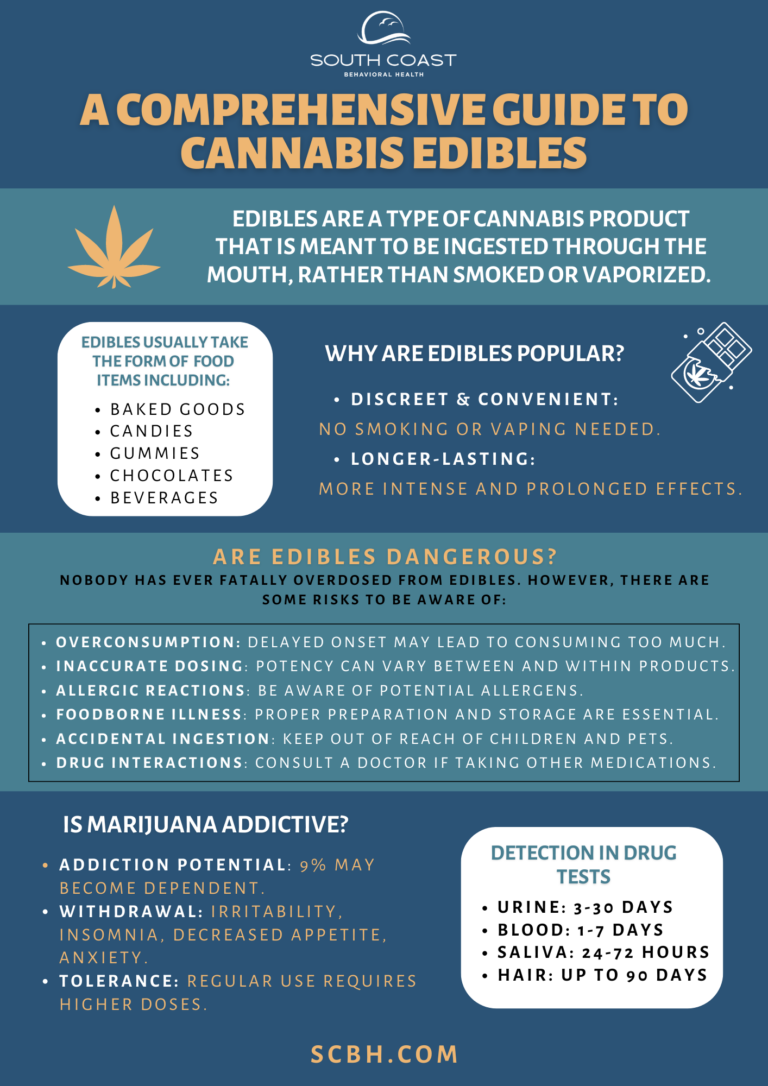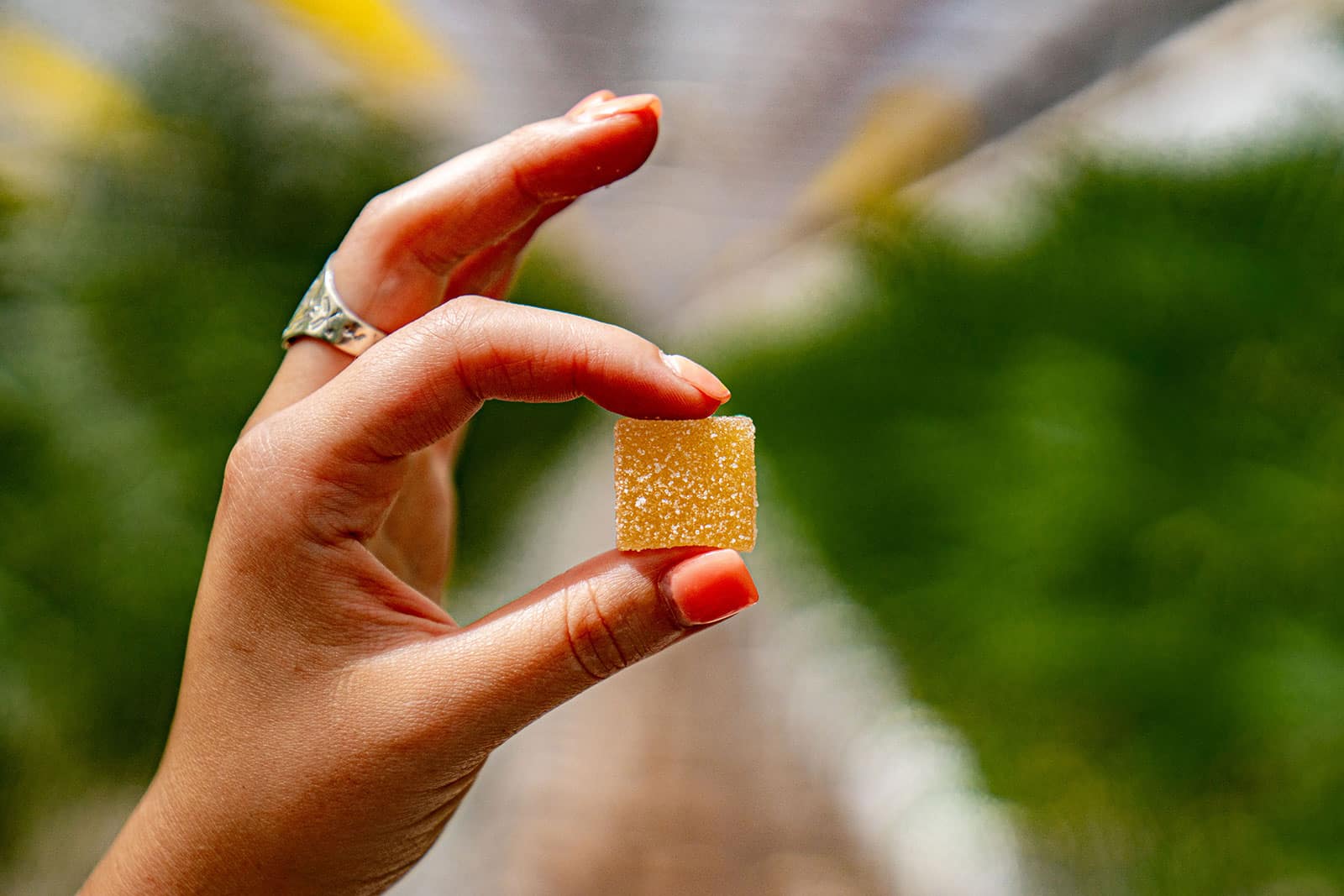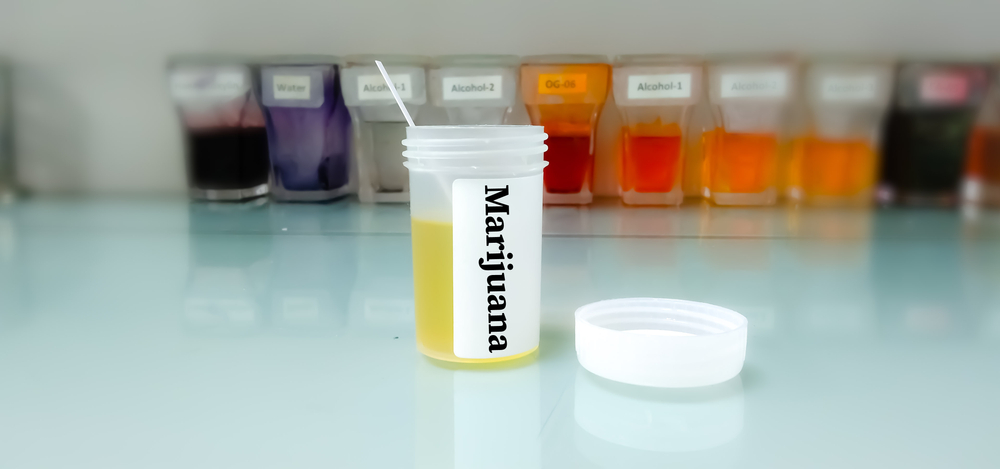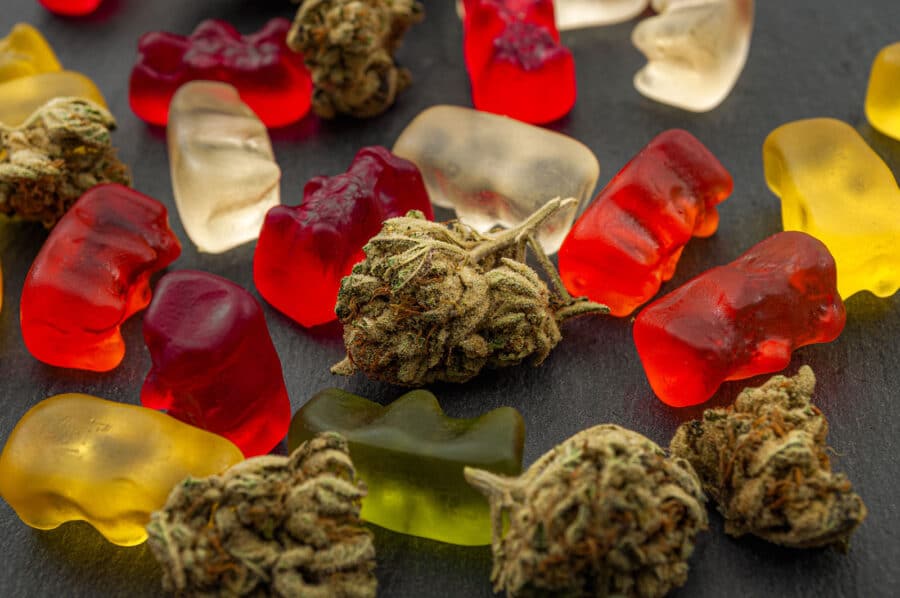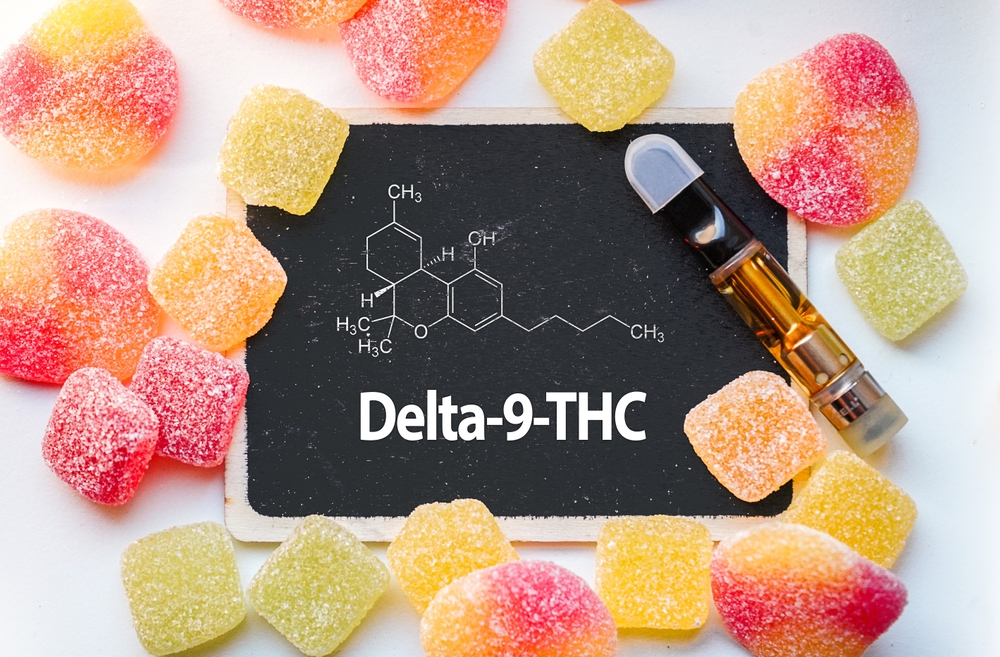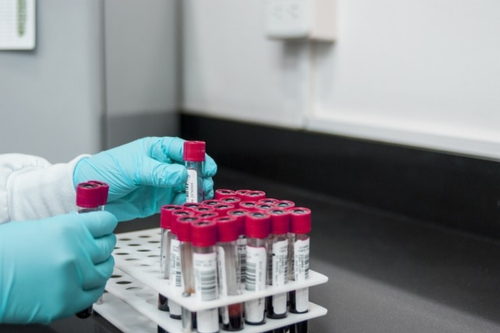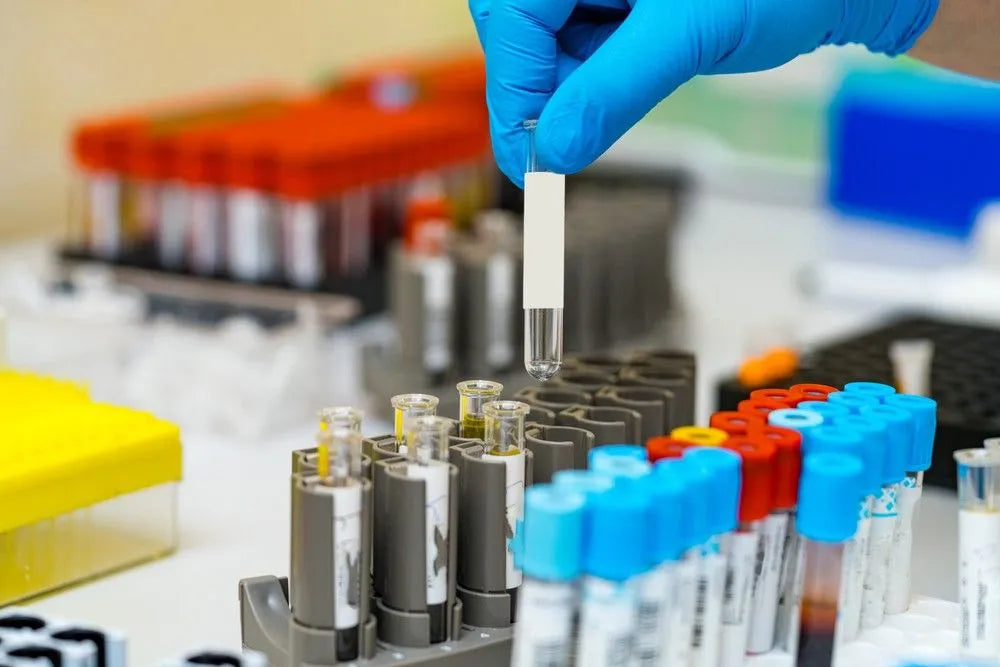Do Edibles Show Up In Drug Tests
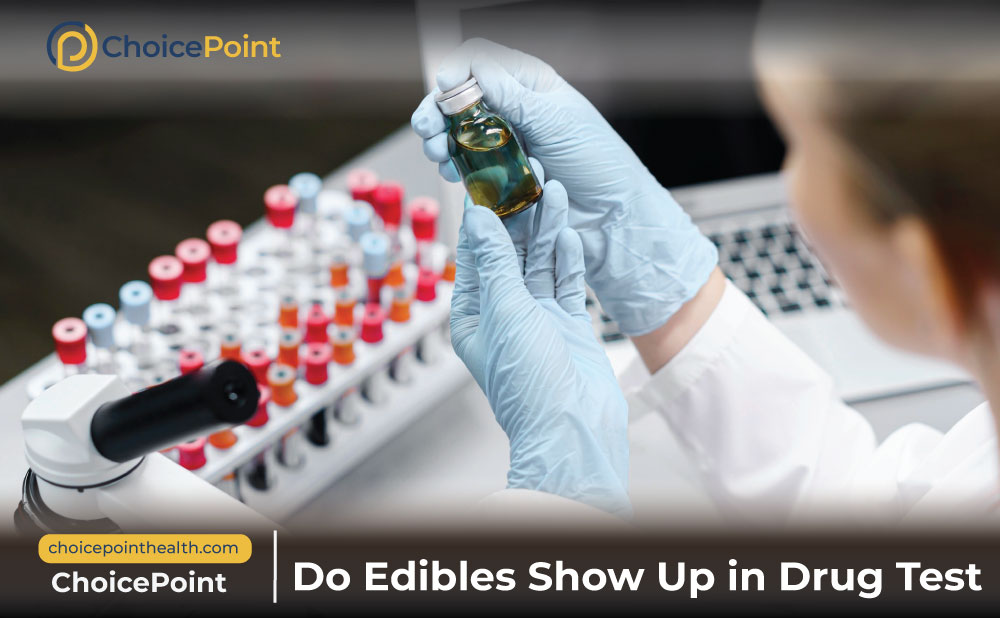
The rising popularity of edibles, cannabis-infused foods and drinks, has led to increased questions about their detection in drug tests. As more states legalize cannabis for recreational or medicinal use, understanding the intricacies of drug screening and edible consumption becomes crucial for individuals navigating employment, legal, and athletic regulations.
This article delves into the science behind drug testing for cannabis, focusing specifically on how edibles are processed by the body and the likelihood of their detection. It examines factors influencing test results, potential consequences, and provides information on navigating situations where drug tests are required.
The Science Behind Cannabis Detection
Drug tests typically screen for the presence of THC, or tetrahydrocannabinol, the psychoactive compound in cannabis. When cannabis is smoked or vaped, THC enters the bloodstream relatively quickly.
Edibles, however, are metabolized differently. THC from edibles is processed in the liver, converting it into 11-hydroxy-THC, a more potent metabolite. This metabolite eventually breaks down into THC-COOH, the compound drug tests primarily detect.
Because of this metabolic pathway, the timing of THC entering the bloodstream and the duration it remains detectable can vary significantly compared to inhalation.
Factors Influencing Detection
The detectability of edibles in drug tests depends on several factors, including the frequency and amount of cannabis consumed. Individuals who are frequent users are more likely to test positive for a longer period than occasional users.
Metabolism also plays a crucial role. Individuals with faster metabolisms may process THC more quickly, reducing the detection window. Body fat percentage also influences how long THC remains detectable, as it is stored in fat cells.
The type of drug test used significantly impacts detection. Urine tests are the most common and typically detect THC-COOH for several days to weeks after use. Hair follicle tests can detect cannabis use for up to 90 days, while blood tests have the shortest detection window, usually only a few days.
Likelihood of Testing Positive
Consuming edibles can indeed lead to a positive drug test. The risk depends on the dosage, frequency of use, and the type of test administered.
Single, low-dose edible consumption might not result in a positive test, particularly if a urine test is conducted several days after consumption and the individual has a fast metabolism. However, consuming multiple high-dose edibles or frequent use significantly increases the chances of a positive result.
For individuals facing regular drug screenings, understanding the specific policies and testing methods is essential. Many employers and organizations have zero-tolerance policies, regardless of state laws regarding cannabis use.
Potential Consequences
A positive drug test can have significant consequences, depending on the situation. Employment, especially in safety-sensitive roles, can be jeopardized.
Athletes competing under organizations like the World Anti-Doping Agency (WADA) face penalties for cannabis use during competitions, even if legal in their location. Legal ramifications can also arise in probation or parole scenarios.
It's crucial to be aware of the potential risks and consequences of consuming edibles, particularly when subject to drug testing.
Navigating Drug Testing Situations
Transparency and communication are key when facing potential drug tests. If prescribed cannabis for medical reasons, informing the employer or relevant authority and providing documentation may offer some protection, although it doesn't guarantee exemption from testing policies.
Understanding the testing protocols is crucial. Knowing the type of test used and the cut-off levels for detection can help individuals make informed decisions about cannabis consumption.
If concerned about a potential positive test, abstaining from cannabis consumption is the most reliable way to avoid detection. There are no guaranteed methods to quickly eliminate THC from the system.
Expert Opinions and Research
According to Dr. Alan Stein, a toxicologist specializing in drug testing, "The metabolism of edibles introduces complexities not seen with inhaled cannabis. 11-hydroxy-THC, being more potent, can lead to prolonged psychoactive effects and potentially longer detection windows."
Research published in the Journal of Analytical Toxicology highlights the variability in THC metabolism and detection based on individual factors. These studies underscore the importance of considering factors beyond dosage when interpreting drug test results.
The National Institute on Drug Abuse (NIDA) provides extensive resources on drug testing methodologies and the pharmacokinetics of cannabis, offering valuable information for individuals and professionals alike.
Conclusion
Edibles, while offering an alternative method of cannabis consumption, can indeed show up in drug tests. Understanding the factors influencing detection, the potential consequences, and available resources is critical for individuals navigating the complex landscape of drug screening and cannabis use.
As cannabis legalization expands, clear communication and informed decision-making are essential to avoid potential conflicts with employment, legal, and athletic regulations.
Individuals facing drug tests should prioritize understanding the specific policies and testing methods, and consider abstaining from cannabis use to ensure compliance and avoid potential repercussions.


